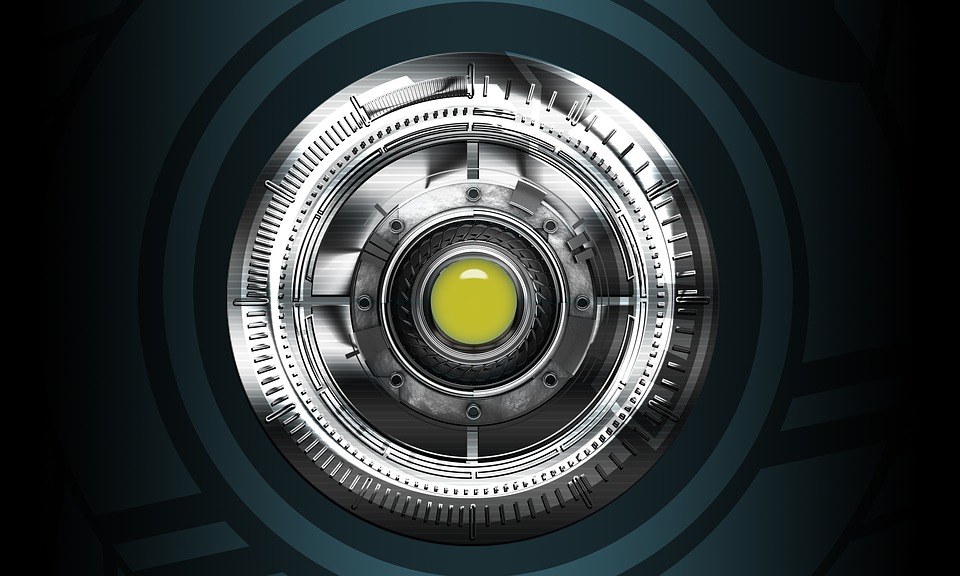
High Stake Quantum Race
Some are framing quantum computing as part of the next global race.
In the 17th and 18th Centuries the most powerful nations on Earth had the biggest navies and most colonies, ultimately Great Britain. In the 19th and 20th Century it was the nation which had the most advanced military tech (including nuclear) as well as largest industrial size. The USA dominated this race. Now, some say, the supremacy of the future could come from those who dominate AI and the future of IT , which could be quantum computing.
I currently sit on the Global Future Council for Computing at the World Economic Forum. We recently came together in San Francisco to discuss the future and especially quantum computing. I kept delaying doing a write up of our conversations and then a journalist at Wired kindly wrote something on the subject this week. So before I write any more, I highly recommend reading this article to lay some of the groundwork. Quantum computing opens up many many doors that were closed to humanity (including helping with the limitations at CERN figuring out the origins of the Universe) so its a really important topic. There are many conflicting views as to its viability or how long it will take to roll out. On our Council we are blessed to have an array of people in the field who I am planning to interview. So this is Wired:
“A quantum device might also help scientists understand the evolution of the early universe, the first few minutes after the Big Bang. Physicists are pretty confident that back then, our universe was nothing but a strange soup of subatomic particles called quarks and gluons. To understand how this quark-gluon plasma has evolved into the universe we have today, researchers simulate the conditions of the infant universe and then test their models at the LHC, with multiple collisions. Performing a simulation on a quantum computer, governed by the same laws that govern the very particles that the LHC is smashing together, could lead to a much more accurate model to test.
Beyond pure science, banks, pharmaceutical companies, and governments are also waiting to get their hands on computing power that could be tens or even hundreds of times greater than that of any traditional computer.
And they’ve been waiting for decades. Google is in the race, as are IBM, Microsoft, Intel and a clutch of startups, academic groups, and the Chinese government. The stakes are incredibly high. Last October, the European Union pledged to give $1 billion to over 5,000 European quantum technology researchers over the next decade, while venture capitalists invested some $250 million in various companies researching quantum computing in 2018 alone. “This is a marathon,” says David Reilly, who leads Microsoft’s quantum lab at the University of Sydney, Australia. “And it’s only 10 minutes into the marathon.”
